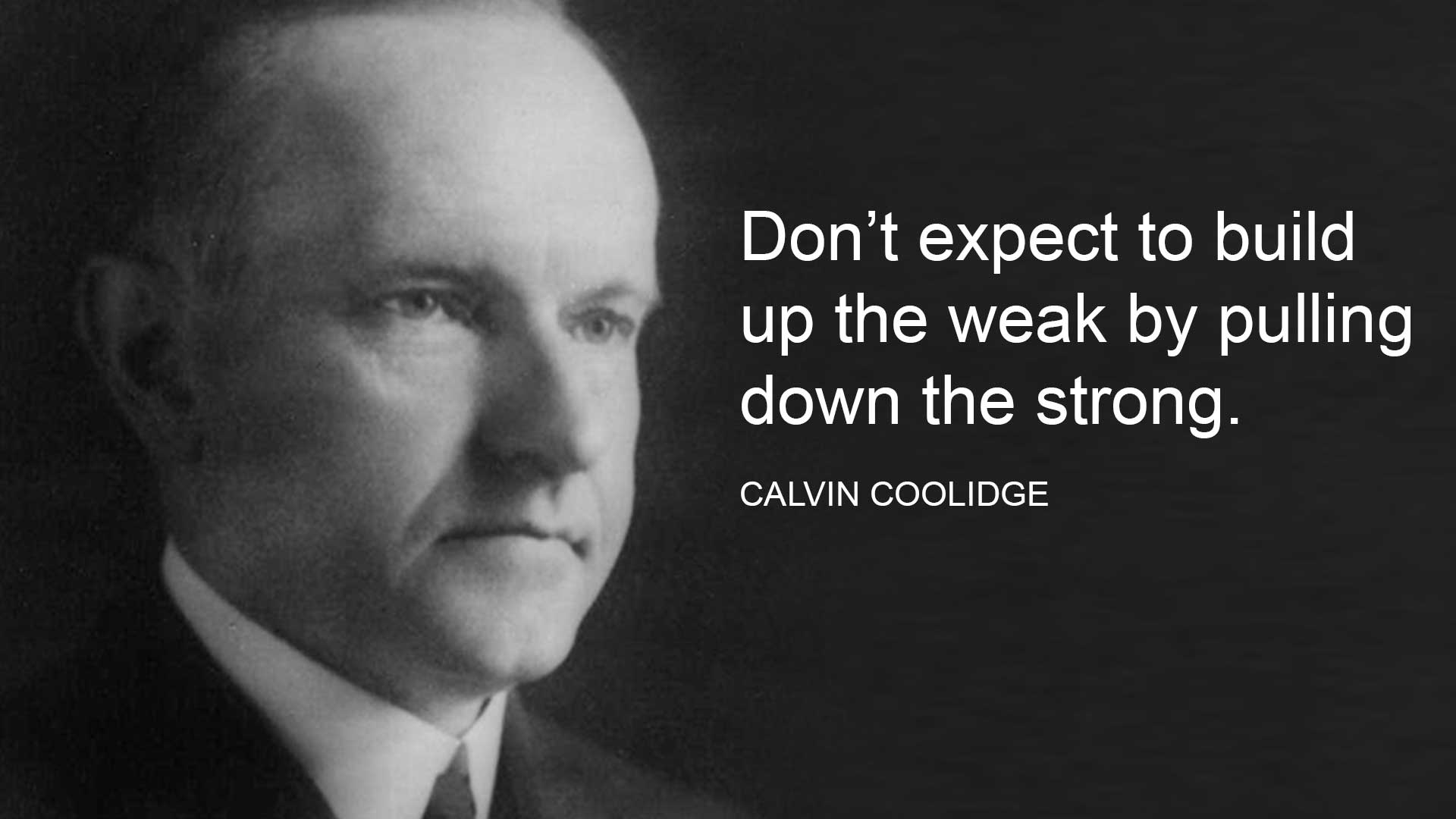Bitcoin’s broke the $19,000 mark in December 2017. Just a year earlier it was in the $800 range, a gain of 2,375%. It has since sunk to less than half that, hovering around $8000 dollars in May of 2018. That’s $8000 above it’s real value.
What people think something is worth and what it is actually worth are two very different things.
There’s an old joke that to me captures the nature of bitcoin. Here’s how Murray Teitel told it in The Guardian:
There was this guy who bought a truckload of sardines at a penny a tin. He resold them for two cents a tin to somebody else, who resold them for three cents a tin to somebody else, who resold them for four cents a tin to a fourth person. Shortly after, the market for sardines collapsed and the fourth guy couldn’t sell them, so he figured he may as well eat them. He opened the first tin and the sardines were rotten, the same with the second and third.
“Great,” he thought to himself. “I can give them back and not suffer a loss.” So, he went to the guy who sold him the sardines for four cents a tin and said: “Those sardines you sold me were rotten. Here they are. Give me back my money.” The guy who sold the sardines looked at him with pity and said: “Oh, you don’t understand. Those weren’t eating sardines, those were trading sardines.”
And that, in my opinion, is bitcoin. It’s rotten. There’s nothing of value in the tin.
And even the trading value collapses once people realize that the fish is rotten. If everyone knew they were buying and trading rotten fish, they’d cease to use it for bartering. Or at least, rational people would stop using it.
Bitcoin doesn’t meet the criteria for being money. Of course, that doesn’t stop people from using it as such, just like the existence of money doesn’t stop people from reverting to bartering.
What is Money?
“Money ought to be a thing of a certain value, it being that thing by which other things are valued. If what is used as a medium of exchange is fluctuating in value, it is no better than unjust weights and measures, both of which are condemned by the laws of God and man.”
-Roger Sherman, 1752
A good way to approach the question is to ask what problem money solves.
Without money, if I want something that you have, say a horse, I’d have to find something that I have that you want that is worth more to you than your horse. Perhaps that is a certain amount of wheat, or a barn or a plow.
The problem is many fold, but an essential element is that for a successful barter, our respective wants would have to match. I’d have to want your horse more than I want my plow. And you’d have to want my plow more than you want your horse.
This is an unlikely coincidence of needs and wants, so bartering .
Money solves this problem (and others, such as providing the ability to save).
Money serves as a universal medium of exchange. What does that mean? Instead of bartering directly with goods which require a double match of wants, we trade in an independent commodity that serves as a universal stand-in for value and goods. Money solves this problem by letting us exchange something of independent value, and of value to both of us, and to all, that can be re-traded with other traders for other goods in the future.
Criteria for a Currency
People commonly say bitcoin is disqualified from being money due to its volatility. While volatility is a major problem, that’s only one, fairly minor criterion for money.
“Money is not merely a tool of exchange: much more importantly, it is a tool of saving, which permits delayed consumption and buys time for future production.”
– Ayn Rand, “Egalitarianism and Inflation,” Philosophy Who Needs It
Here are some of the criteria that enable something to serve as money.
- Valuable – it is valued and used extensively in that community
- Rarity – it is relatively rare, e.g. not abundant
- Homogenous – it is uniform in nature and value, not “lumpy”
- Durable / Non-perishable – it will endure trading and can be stored to enable savings
- Non-volatile – it’s continued value can be relied on and not fluctuate wildly
- Consensus – there is a general agreement that it is valuable
- Portable/mobile – it is easy to move, store and transfer
- A universal standard of measure – It allows us to compare the price of goods in universal unit. We can translate value, a car is worth 100 bicycles, or a house is worth 5 cars.
Consensus is what many bitcoin enthusiasts seize upon. They think that mere belief that bitcoin is valuable somehow imbues bitcoin with value. It doesn’t. Beliefs change, and usually they change in response to reality exerting its correcting effect on the believer.
In any case, the best way for a prospective medium of exchange to achieve this consensus is for the good to have real value. If it can be eaten (not be rotten sardines), used for jewelry, clothing, defense, etc. many people will find it valuable, use it and seek it out. Not everyone has to value it equally. All that is needed is that enough people to value it, reliably and long term.
For instance, I may hate pearls, but if nearly everyone values them, I will have no problem in exchanging pearls for goods. The point is, as a medium of exchange, it’s irrelevant whether any particular individual values the money tokens or not. What counts is that there’s near-universal acceptance that it is valuable and that that valuing is robust, well-grounded and enduring.
The consensus around a token-type, is not a cause of its ability to act as money, but an effect of its value in other capacities that generates the consensus.
The key attribute enabling something to function as a medium of exchange, as money, is that it possesses real objective value.
Bitcoin is only valuable because other people want it. It has no inherent value. Outside of transacting with it, there is nothing you can do with those 1s and 0s in your bank account.
Now imagine that if somehow all the 0s, 1, a-f’s in your bank account that represented bitcoin actually referenced winning lottery ticket number combinations, or cures for diseases, or the next stock to double in the following year. Suddenly, that would changing everything.
Imagine a better bitcoin comes along, call it BullionCoin. It is exactly like Bitcoin but it is backed with real world objective value. It can be exchanged for a real good, say gold. You could actually swap it for real gold (or platinum, or…). Why would anyone stay with Bitcoin? The question then is why anyone would stay with bitcoin when they could get a guaranteed return of a real good versus being captive to a purely speculative value that is wholly dependent on the whims of others? If no one wants it anymore, the demand and trading value plummets through the floor. Who in their right mind would accept such risk in the face of a guaranteed and backed crypto like BullionCoin?
Or, as is not far from the truth, as the perceived value of bitcoin rises, a flood of imitation cryptocurrencies emerges. Suddenly we have an increase of “money” chasing a fixed amount of goods. If people start accepting Bitcoin on an equal footing with cash, that will be inflationary. It’s no different to printing money.
Put a Fork In It
Imagine being able to take your U.S. dollars and split them, into two piles, one of US dollars, and a second pile of Euros, with both being valid and spendable. How could such a thing be money.
Yet Bitcoin essentially did just that on August 1, 2017, when Bitcoin hard forked into Bitcoin and Bitcoin Cash. After the fork, holders of Bitcoin suddenly had an equal number of units of Bitcoin Cash (as long as they had Bitcoin in their wallets, or the exchange where they held Bitcoin supported Bitcoin Cash).
This ability to fork is another serious problem for a cryptocurrency that wants to be taken seriously as a currency. Forking is a change of rules. But who wants to invest in something long term if the rules are going to change, unpredictably both in frequency and direction? This is a volatility or uncertainty in the very nature of the purported currency.
So while Bitcoin and cryptocurrencies are not legal tender, they share with government mandated fiat currencies the worst property… that of having no actual worth or backing. Cryptocurrencies take fiat currencies and throw out the central bank, as if that is the problem. Yes, it is a problem, but primarily because the deeper problem of disconnecting the currency from real world value gives the issuer arbitrary power. A gold-backed currency curtails the power of the issuer and provides value beyond the physical or digital representation itself. And while crypto enthusiasts will say the arbitrary power of the issuer is not a problem because it is mined, that does prevent alternative cryptos from proliferating and creating exactly the same problem that a profligate issue would create.
And thus, in my opinion, cannot reliably serve as store of value or as a medium of exchange.
“It’s like someone else is trading turds and you think, ‘I can’t be left out!’”
– Charlie Munger on Bitcoin
As it currently stands, Bitcoin, lacks essential elements that would make it qualify as money, and an enduring medium of exchange and savings. Will it wither and die? I can’t say that either. It’s possible that it will survive as a relic of the cryptocurrency infancy. It is also possible that it becomes useful in some other capacity, as some kind of proxy for money, or as a payment mechanism. And that’s where things get interesting.
Tune in for the next post.

